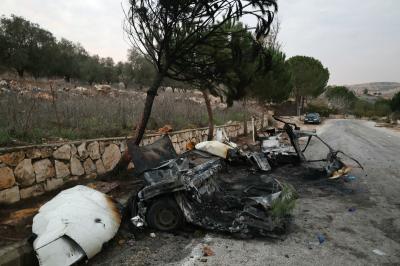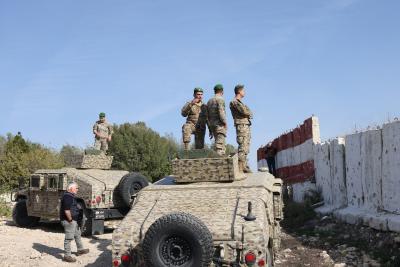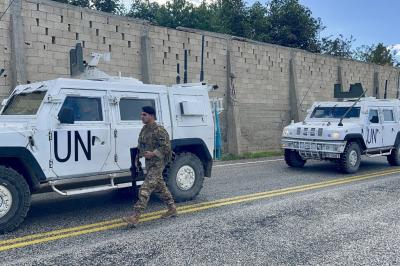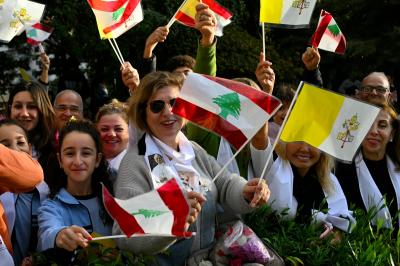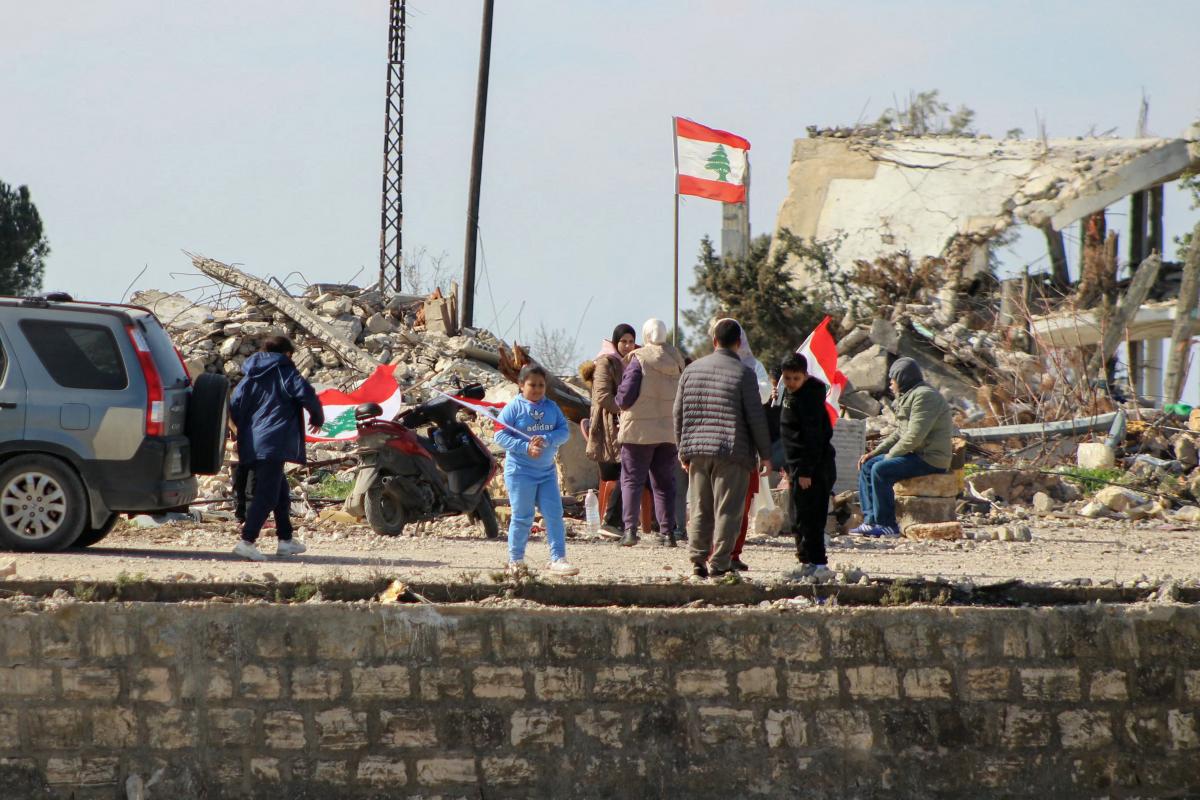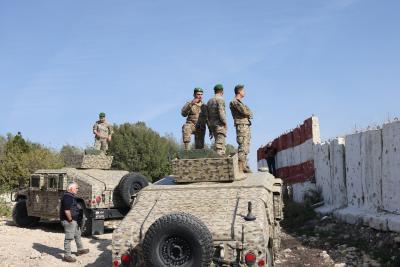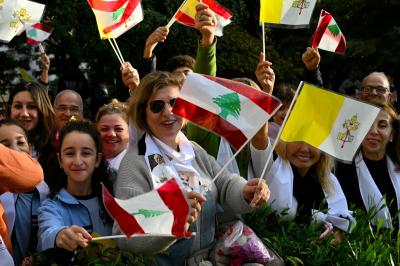Seven burdens dictate Lebanese political life—whether they clash, intertwine, or overlap—turning any hope of progress into mere illusion.
1. The burden of the Poor Implementation of the constitution
Our failure as Lebanese people is not merely having accepted, since 1926, a hybrid system—one that combines a civil and secular constitution (if we set aside Article 95, which temporarily mandates sectarian distribution of positions) with deeply ingrained sectarian practices that persist to this day. This burden will not be lifted as long as sectarianism retains the final word, even within a single community.
Our fault does not end there. In amending the Constitution under the guise of establishing a Second Republic, we consented—under the threat of arms and in an effort to end bloodshed—to an “agreement” doomed from inception. It was flawed from the start, reinforcing sectarianism by pushing political discourse toward sectarian one-upmanship. Moreover, it was riddled with ambiguities and contradictory interpretations that rendered it ungovernable. Instead of fostering reform or a vision for the future, it transformed Lebanon into a pie divided among international and regional powers, leaving local politicians with mere crumbs. In return, they bequeathed the people a country bled dry—one plagued by rampant corruption, mass emigration, deepening poverty, chronic unemployment, and billions of dollars in debt that we are incapable of repaying.
2. The Surplus of American Tutelage
It is as vast as the imposing American embassy itself—and beyond. No further explanation needed.
3. The Surplus of Israeli Arrogance
Armed with colossal military support, Israel nearly wiped Gaza off the map following the “Al-Aqsa Flood” war. Today, it seeks to expel Palestinians to Egypt and Jordan, all while eyeing the future of the West Bank, the Palestinian Authority, and the Oslo Accords.
Having disregarded the ceasefire agreement and the sixty-day truce, Israel continues its scorched-earth strategy in South Lebanon, threatening another invasion to eliminate any armed presence near its borders. Yet, in its arrogance, it was forced to retreat in the face of a peaceful march by southerners who, armed with nothing but bare hands and unwavering determination, compelled it to vacate positions already liberated by the blood of recent martyrs and the wounded. Still, Israel retains control over other sites, pending the critical February 18 deadline.
4. The Surplus of Confidence in International and Arab Support
The new presidential term, ushered in with a flood of congratulations, promises of reconstruction, and financial aid, appears to rely entirely on foreign support as its guiding compass. Just as the long presidential vacuum ended without incident with the election of General Joseph Aoun, this same excessive confidence seems poised to facilitate government formation—despite ongoing negotiations—leading to the anticipated appointment of Dr. Nawaf Salam, thanks to an almost magical external will.
5. The Surplus of Resilience of the Amal Movement-Hezbollah Duo
Israel’s offensive has undeniably weakened the political and military standing of the Shiite duo, Amal Movement and Hezbollah. Yet, they maintain significant influence, deeply rooted in their community representation, which cannot be easily replaced. Amal Movement, led by Nabih Berri, who has long been the master of Lebanon’s political game, and Hezbollah, ever-prepared for confrontation, continue to shape government formation despite mounting internal and external calls to curb their dominance.
6. The Surplus of Revenge and Exclusion
Opposing this residual power is a wave of jubilation at what some perceive as the duo’s defeat—particularly in the wake of the downfall of Bashar al-Assad’s Syrian regime. Alongside this is a desire for exclusion: Some demand that Hezbollah and Amal Movement be left out of the government, even calling for the expulsion of their supporters, branding them as an “Iranian community” in Lebanon. Yet, these voices cannot claim a decisive role in the local upheavals resulting from the war or in the weakening of the Syrian regime.
7. The Surplus of Lebanese Patience
Some accept any ruling authority. Others are completely disengaged. Many simply settle for what they have. But the majority of Lebanese exhibit a patience so excessive it borders on delusion—still believing that salvation will come with time.
Speaking on behalf of this majority, and since we began by highlighting the contradictions between the Constitution and political practices, our greatest collective mistake has been missing a historic opportunity. After reclaiming our sovereignty, we never undertook a true introspection of past mistakes—not after the civil war (1975–1990), nor during the so-called “peace” (1990–2005), which was nothing more than a prolonged, silent conflict.
As the fiftieth anniversary of the outbreak of the Lebanese Civil War in 1975 approaches, isn’t it time to learn from history? To avoid repeating the same mistakes and finally break free from the surpluses that shackle us? Isn’t it time to unite over the essentials, so that all other burdens naturally fade away?
Please post your comments on:
[email protected]
 Politics
Politics
